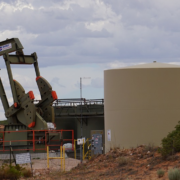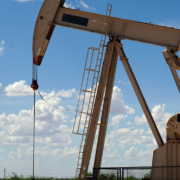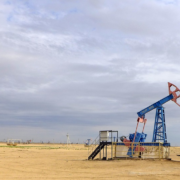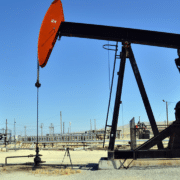A number of peculiar things have happened in the Middle East in the past few weeks involving the U.S., Saudi Arabia, and the UAE, all with some sort of focus on Iran. To begin with, at the end of April, the U.S’s designated main man in Saudi Arabia – Crown Prince Mohammed bin Salman – stated very publically that he seeks “a good and special relationship with Iran…We do not want Iran’s situation to be difficult, on the contrary, we want Iran to grow… and to push the region and the world towards prosperity.”
Such sentiments are in direct contrast to what might be expected from the effective ruler of Saudi Arabia, the historical archenemy of which is Iran. Bin Salman has previously launched numerous tirades against Iran accusing it of being the prime mover of instability and terrorism across the region. Stranger still, though, is the fact that these comments followed a secret meeting in Baghdad between senior figures from the Saudi and Iranian regimes, brokered by Iraq Prime Minister, Mustafa al-Kadhimi. These talks were subsequently confirmed by an Iraqi government official through various news services, although neither Riyadh nor Tehran formally acknowledged them.
The positive comments towards Iran from bin Salman came at around the same time as Saudi Arabia’s flagship oil and gas company, Aramco, let it be known that it is in the process of broadening and deepening its relationship with China, which is not only Iran’s chief sponsor via the 25-year deal signed back in 2019 but also the country most intent on replacing the U.S. as the key superpower in the Middle East.
Click here to read the full article.
Source: Oil Price










